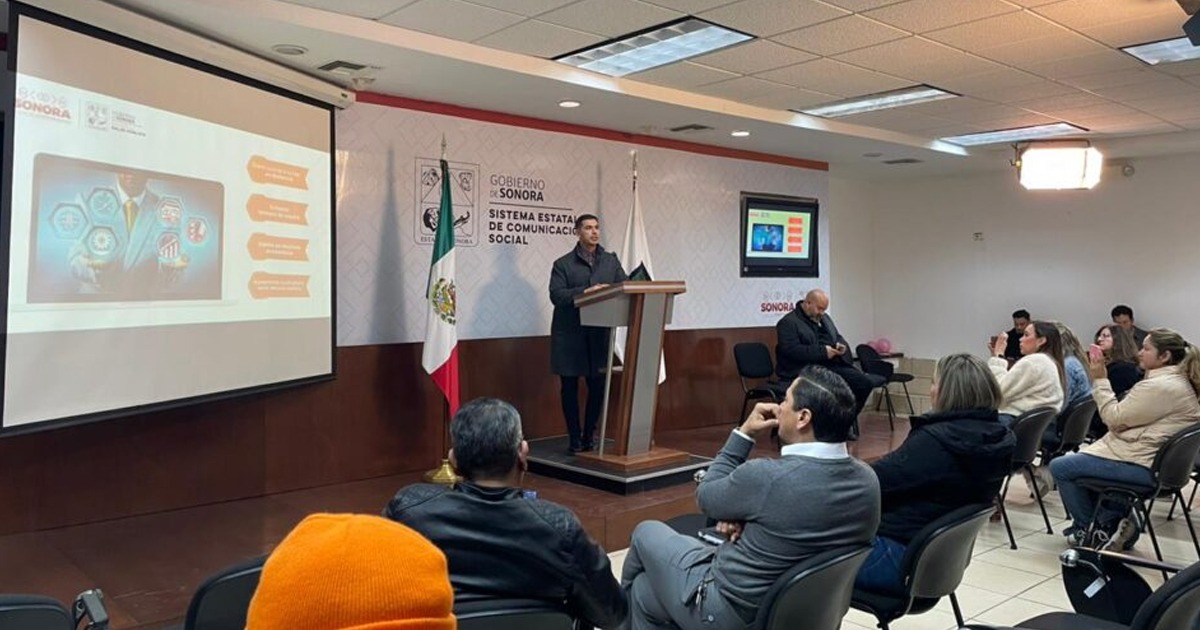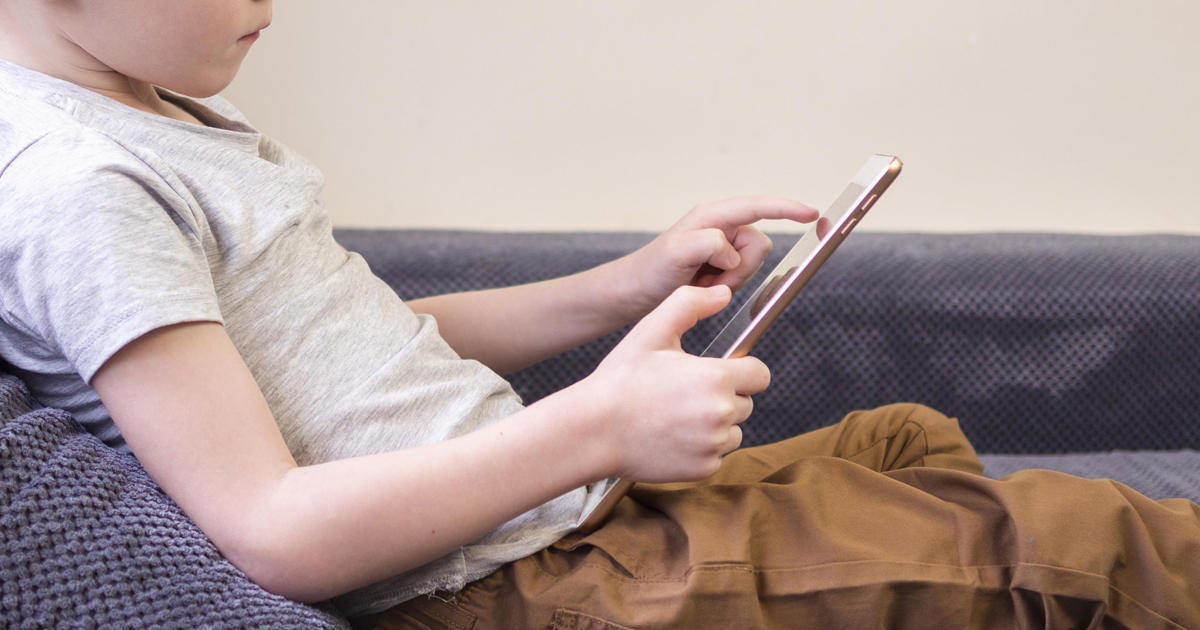Fever is one of the symptoms of COVID-19 as well as other diseases such as gastroenteritis, influenza and thanks to this device it is possible to detect it a matter of seconds.
For many experts, Artificial Intelligence (AI) represents the future of health and medicine, as it has several useful applications in various medical specialties such as the development of tools and systems that allow to diagnose diseases early, manage health systems or the creation of databases.
In Brazil HOOBOX ONE, a company dedicated to facial recognition technology for health monitoring or for educational and security work, in conjunction with radsquare, a startup focused on Digital Health that uses the automation of medical processes using AI, they created FEVVER a device that thanks to AI is able to detect fever in minutes and measure temperature in seconds.
To use it, the user must be placed in front of the device at the distance set by the marks on the ground. In case of wearing glasses, they must remove them, as well as the face mask, and look towards the camera above the device monitor and then on the same monitor follow the additional instructions.
This project has been launched at the Israelite Hospital in Sao Paulo, placing the device at the entrance of the hospital to detect fever or high temperature in visitors. This is a device that accurately avoids contact with other people when measuring temperature or detecting fever, so it does not make the human mistakes that usually occur.

FEVVER is designed not only for hospitals, but for industry, offices, port and airport platforms and it is currently available for marketing in Brazil.
In addition, FEVVER has a protocol to prevent the spread of COVID-19 and provide timely medical care to patients who need it. The protocol consists of three steps, however, prior to these steps, the monitor will display a questionnaire on symptoms of COVID-19 that the user must answer, after which the system follows the following steps:
- Detects fever: Using AI through facial and thermal analysis techniques.
- Generates notification: The system will send a notification with a photograph of the person with fever alerting the health team.
- Through its One-Click system the equipment can update the patient's status after contacting the patient.
Tools like this, follow the need to stop contagions by identifying potential people infected when entering an enclosed space, preventing chains of contagion.
Through the following link you can see how FEVVER works in the demo video: https://www.youtube.com/watch?v=oC2gUoCbkIU&feature=youtu.be





